HP Inc. has acquired select assets from Humane, the company behind the AI Pin, for $116 million. The deal, finalized this week, gives HP access to Humane’s intellectual property and engineering talent related to the development of wearable AI devices. The acquisition signals HP’s growing interest in the burgeoning market for AI-integrated hardware.
Humane, a startup founded by former Apple executives, garnered attention for its development of the AI Pin, a small, screenless device designed to be worn on clothing. The pin uses AI to provide users with hands-free access to information, communication, and other digital services. While the AI Pin generated initial buzz, it faced challenges in production and market adoption. Reports suggest that pre-orders were lower than anticipated and the device’s release has been repeatedly delayed.
HP’s acquisition focuses on specific assets, not the entirety of Humane’s operations. This strategic move allows HP to integrate Humane’s technological advancements into its own product development without absorbing the risks associated with a struggling startup. The acquired assets include patents related to the AI Pin’s hardware and software, as well as the expertise of Humane’s engineering team. Several key engineers from Humane are expected to join HP as part of the acquisition.
This acquisition offers HP several potential benefits. It strengthens HP’s intellectual property portfolio in the rapidly expanding field of AI-powered devices. The addition of Humane’s engineering talent provides HP with skilled personnel experienced in developing wearable AI technology. This expertise could accelerate HP’s entry into new product categories or enhance existing product lines.
The move also aligns with HP’s broader strategy of investing in emerging technologies. HP has been actively exploring opportunities in artificial intelligence, aiming to integrate AI capabilities into its personal computers and other devices. The acquisition of Humane’s assets represents a concrete step in this direction, demonstrating HP’s commitment to expanding its presence in the AI hardware market.
The financial details of the acquisition reveal the value HP places on Humane’s technology. The $116 million deal, while significant, reflects HP’s targeted approach. The company is acquiring specific assets that complement its existing capabilities, rather than taking on the full burden of Humane’s operations. This approach minimizes risk while maximizing the potential for synergy.
The future of the AI Pin itself remains uncertain. Humane, while diminished by the asset sale, retains some intellectual property and may continue to operate in a reduced capacity. However, the acquisition by HP casts doubt on the future of the AI Pin as a standalone product. It is possible that elements of the AI Pin’s technology will be incorporated into future HP products.
Industry analysts suggest that this acquisition is a smart move for HP. It allows the company to gain valuable resources and expertise in a competitive market without incurring the risks associated with a full acquisition of a struggling startup. By focusing on specific assets, HP can integrate Humane’s technology into its own product roadmap in a more controlled and strategic manner.
The acquisition also highlights the growing importance of AI in the consumer electronics market. Companies like HP are increasingly investing in AI technology, recognizing its potential to transform the way people interact with their devices. As AI continues to evolve, we can expect to see more acquisitions and partnerships as companies seek to gain a competitive edge in this rapidly developing field.
HP has not yet publicly disclosed its specific plans for the acquired assets. However, the company’s track record of integrating new technologies into its products suggests that we can expect to see AI-powered features in future HP devices. The acquisition of Humane’s assets positions HP to play a significant role in the development of the next generation of AI-integrated hardware.
The deal underscores the competitive landscape of the AI device market. While Humane showed promise, it struggled to bring its product to market successfully. HP’s acquisition demonstrates the challenges faced by startups in this space and the importance of established players like HP with the resources and expertise to commercialize new technologies.
The acquisition is expected to have ripple effects across the AI device ecosystem. It signals a growing interest in wearable AI technology and could spur further investment in this area. The deal also highlights the importance of intellectual property in the tech industry, as HP’s acquisition was driven in part by its desire to secure access to Humane’s patents.
The long-term impact of this acquisition remains to be seen. However, it is clear that HP’s move to acquire Humane’s assets is a significant development in the AI device market. It positions HP to become a major player in this space and could lead to the development of innovative new products that integrate AI capabilities into everyday devices.


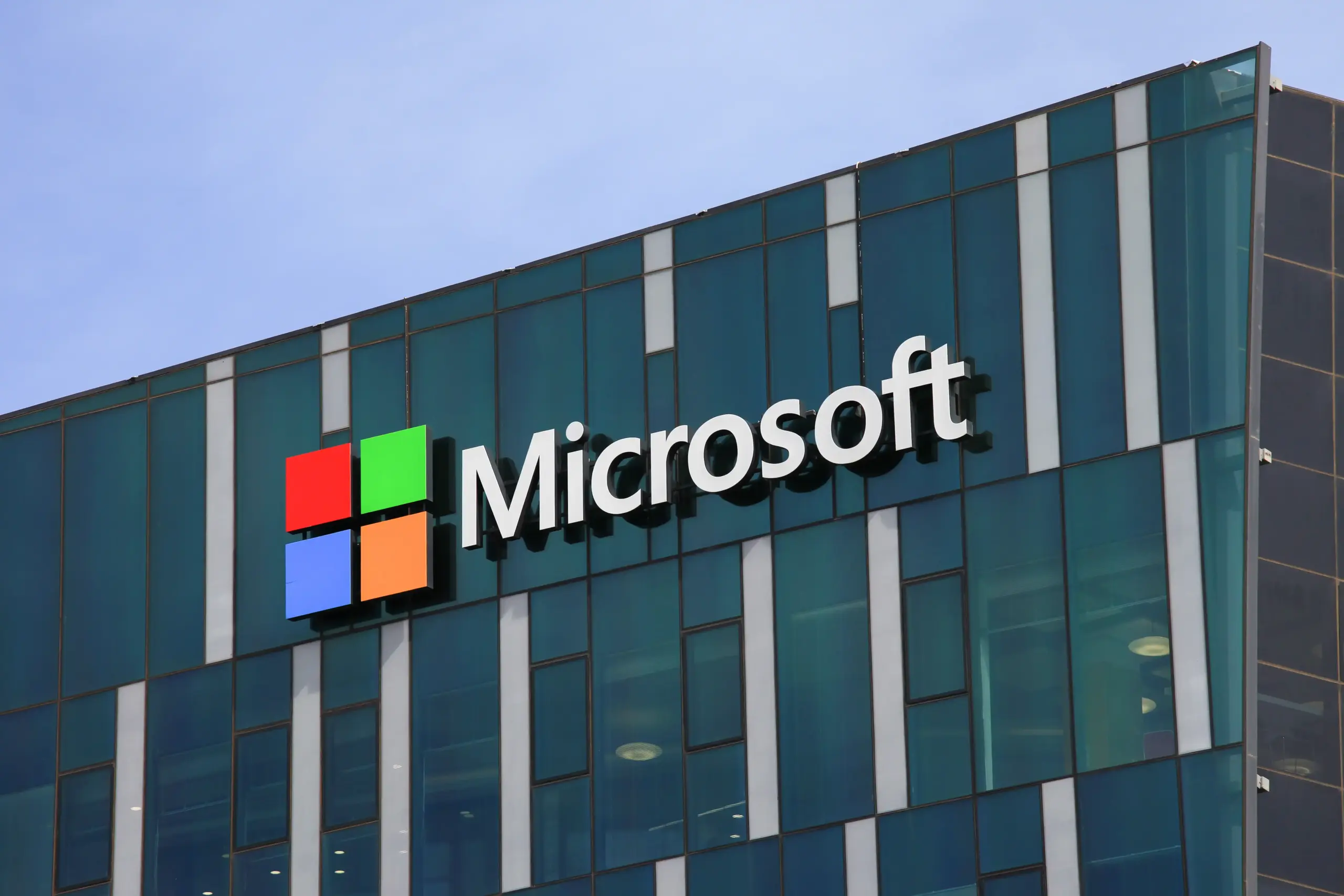
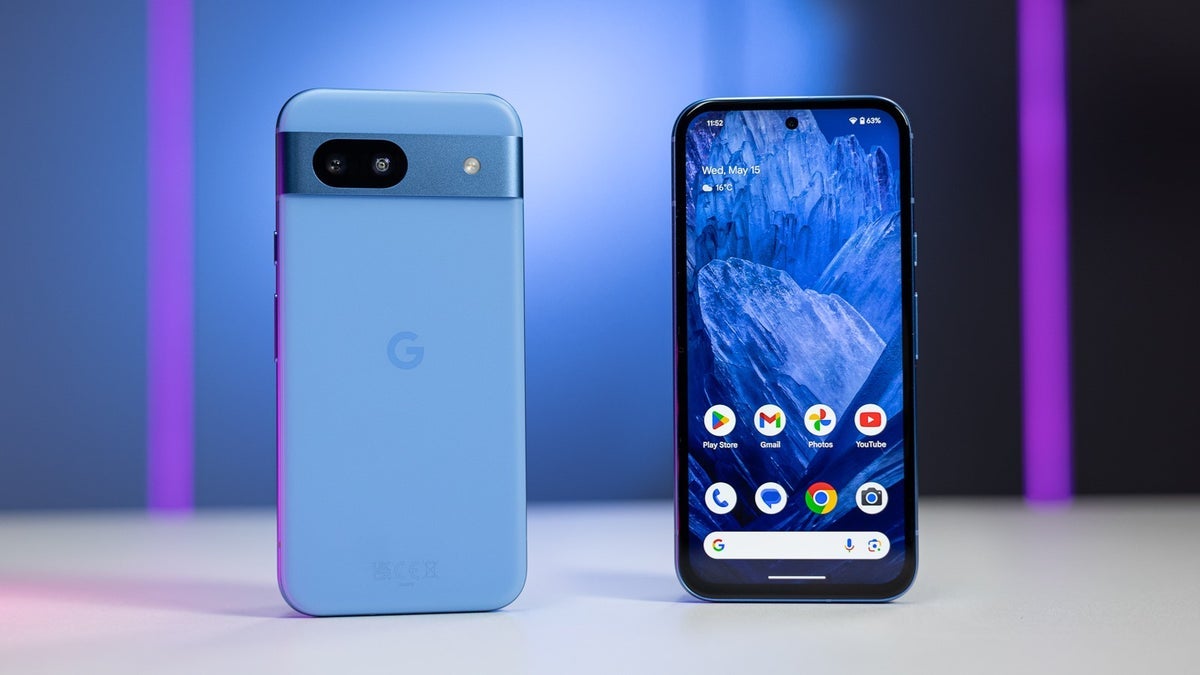
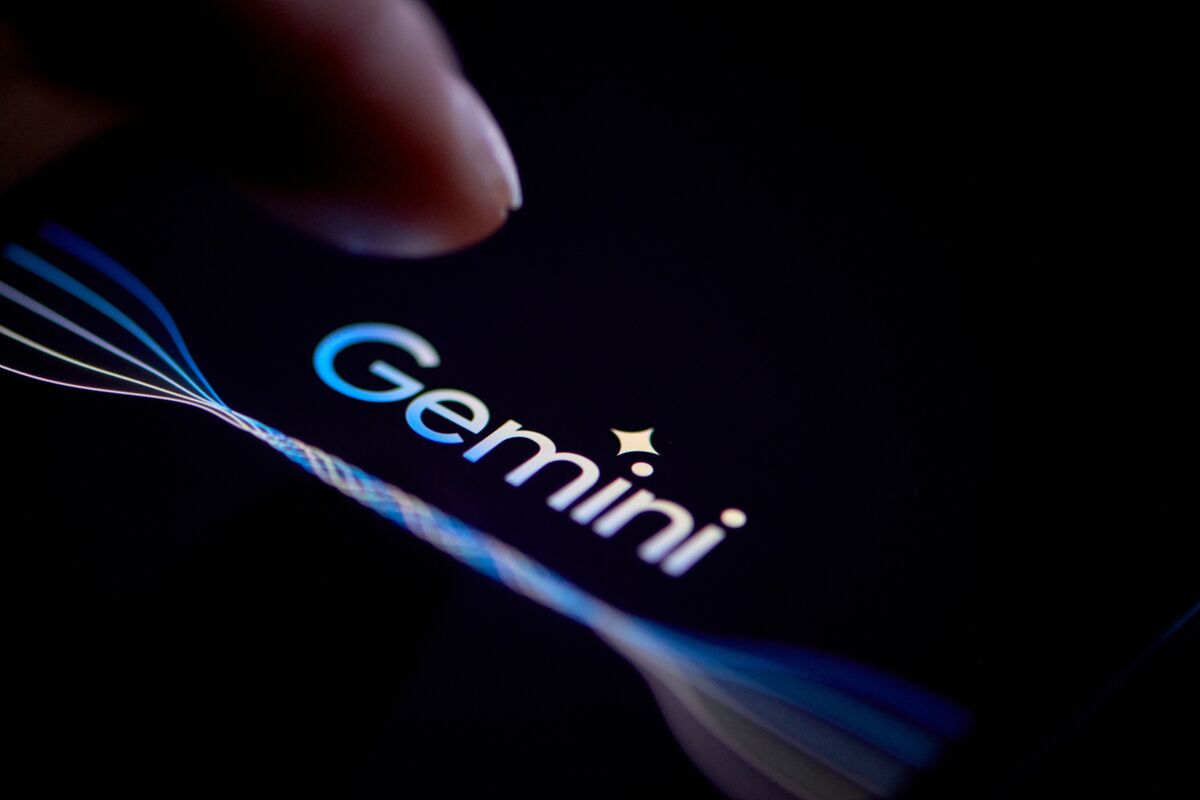
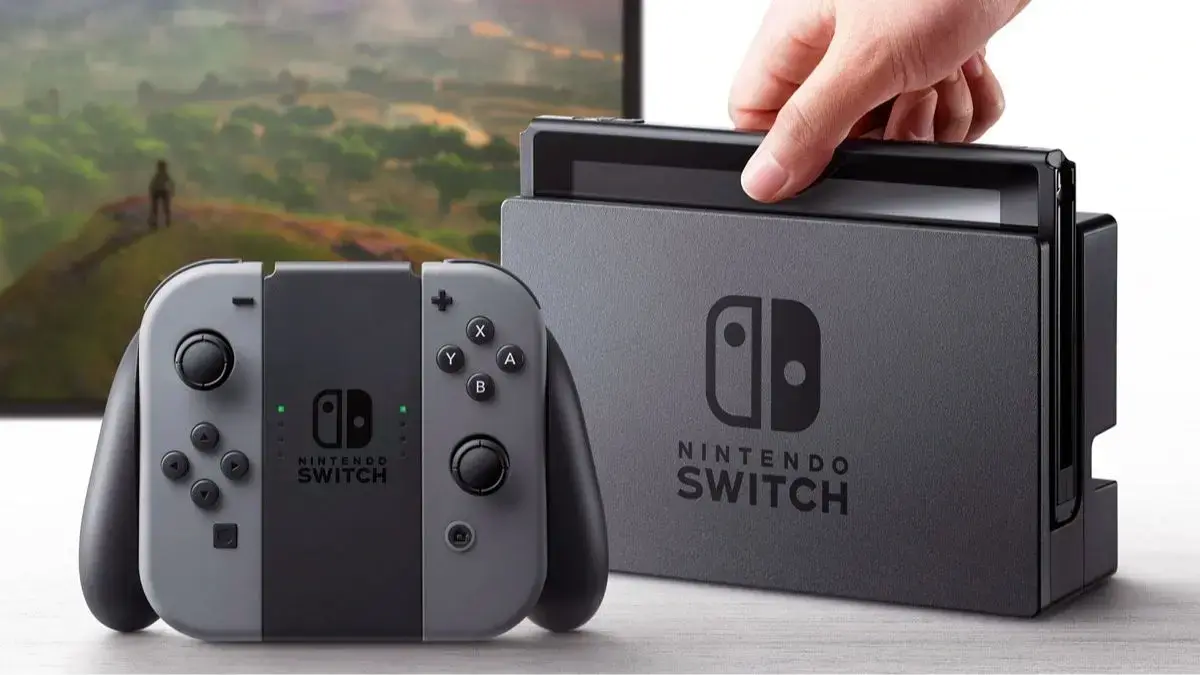
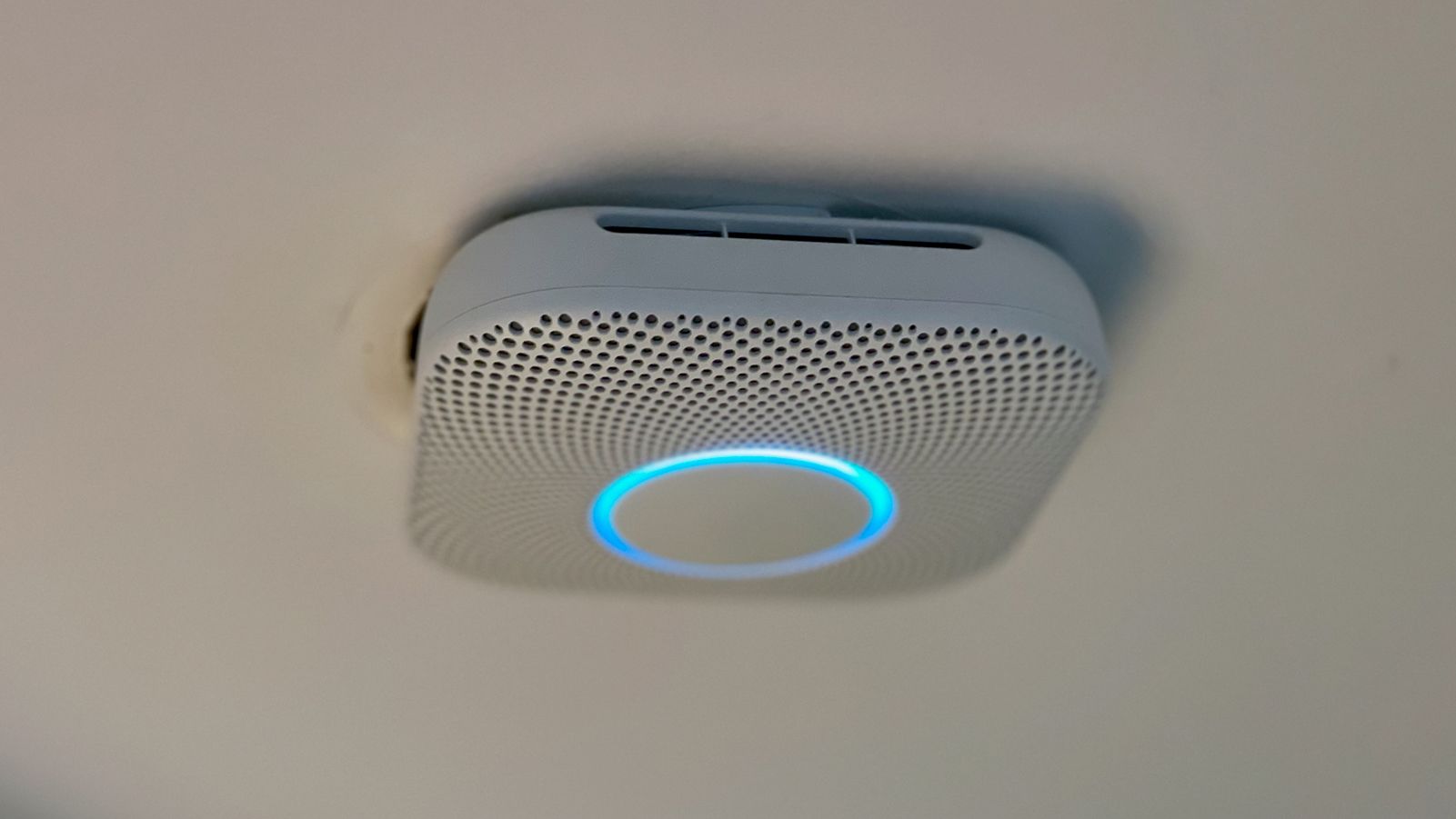

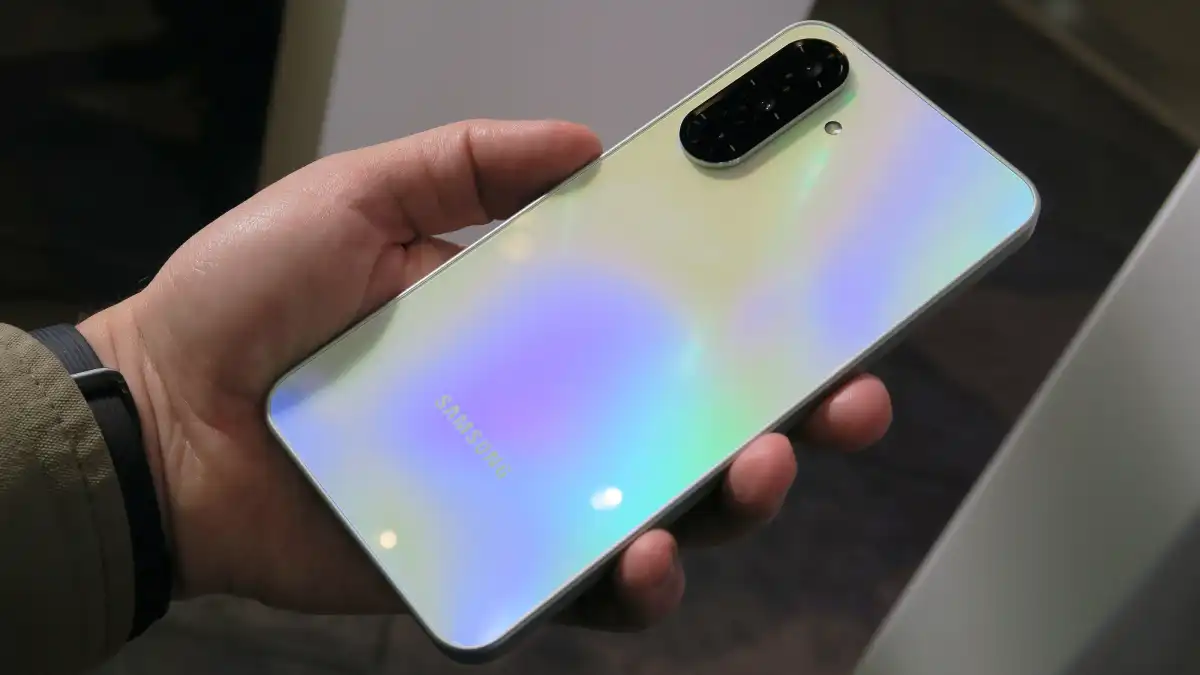
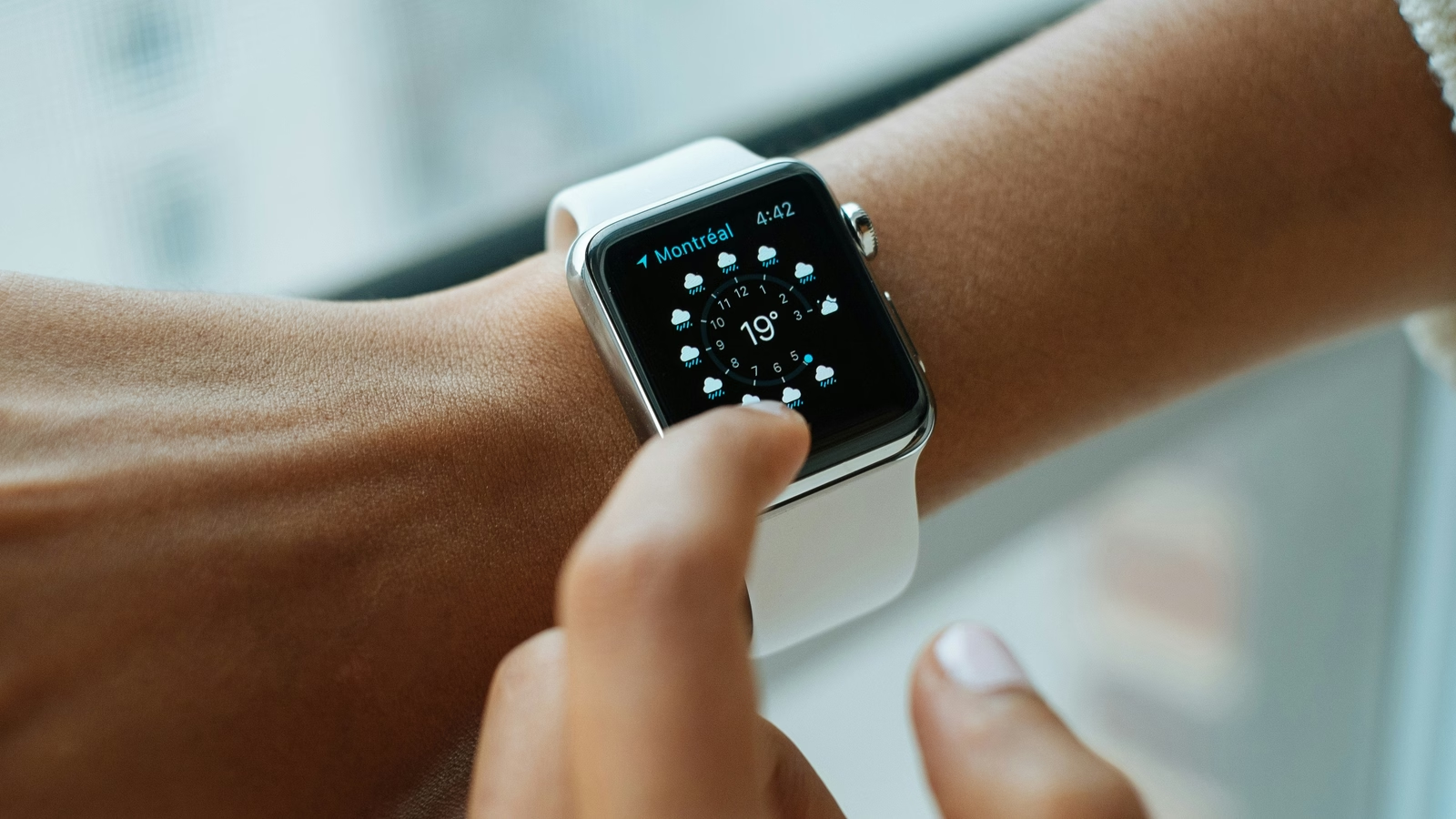
Add Comment